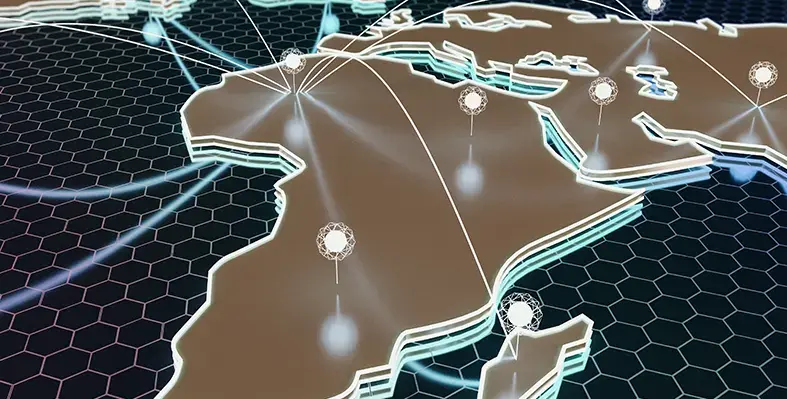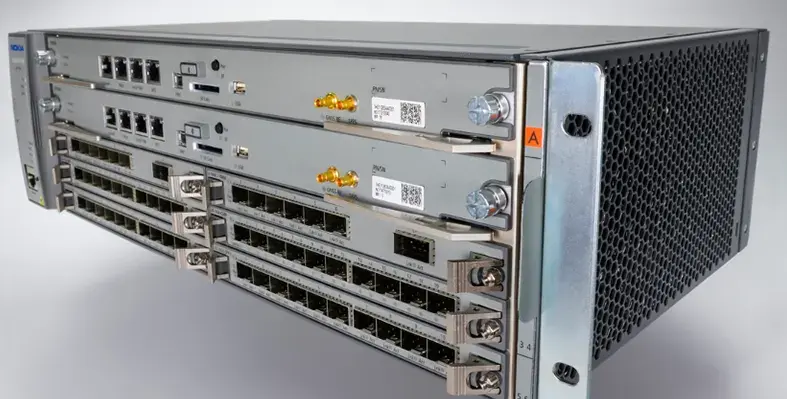
Opensignal ranks Cell C joint #1 in reliability, video and voice app experience, marking a key milestone in service
Cell C has secured major recognition in South Africa, being named Joint #1 for Mobile Network Reliability, Joint #1 for Video Experience, and Joint #1 for Voice App Experience by global authority Opensignal
For the first time in its history, the operator claimed the leading position for Network Reliability, a milestone that highlights the impact of its network transformation and commitment to dependable connectivity. Alongside this, Cell C also achieved joint leadership in Video Experience and Voice App Experience, confirming its progress in enhancing customer satisfaction across multiple dimensions. The accolades reflect a network that South Africans can rely on – ensuring, as Cell C emphasises, that nothing should stop you.
Building on momentum
This recognition adds to a series of achievements over the past year. In August 2024, Cell C was named South Africa’s outright winner for Video Experience and joint winner for Upload Speed Experience with MTN. By early 2025, it earned “Global Rising Star” status for Most Improved Network Experiences, also achieving Rising Star awards in Video and Upload Speed categories.
Now, with joint #1 status in Reliability, the operator’s strategy and execution are proving successful, with measurable improvements in customer experience.
“Reliability and video aren’t just metrics – they shape how people live today. From streaming and gaming to online learning or running a small business, our customers can now depend on Cell C in the moments that matter most,” remarked Jorge Mendes, CEO of Cell C.
Reliability, video, and voice
Reliability has long been a challenge in South Africa, but Cell C’s achievement signals a turning point. Powered by its national dual MOCN (Multi-Operator Core Network) model, which gives access to over 28,000 towers nationwide, Cell C now provides consistent connections for students, businesses and families alike.
The operator’s strong performance in Video Experience demonstrates its readiness for a video-first world, delivering smooth streaming, clear video calls and reliable virtual meetings. It also ranks joint #1 in Voice App Experience, ensuring calls on platforms like WhatsApp and Teams are clearer and more dependable – vital for work, learning, and staying connected globally.
Cell C continues to invest in voice quality improvements, having already introduced Africa’s first cloud-native VoLTE solution.
“We are proud that independent data validates what our customers are experiencing every day – a network they can count on,” said chief technology officer, Schalk Visser.
“Reliability is the foundation of connectivity. If you can’t stay connected, nothing else matters. We’ve made progress where it mattered most, and we are committed to taking voice and other services to the next level,” Schalk added.
Customer-first approach
The company’s transformation is built on partnerships, targeted investment in VoLTE and video optimisation, and a capex-light model that keeps services affordable. As the home of MVNOs, Cell C delivers reliable digital access to millions of South Africans.
“We know our journey isn’t finished. Voice improvements and further innovations are underway, but this milestone proves that we’re moving in the right direction. We’re humbled by this recognition – and we dedicate it to our customers, who have believed in us. We will keep fighting to make digital connectivity reliable and accessible to every South African.”

























